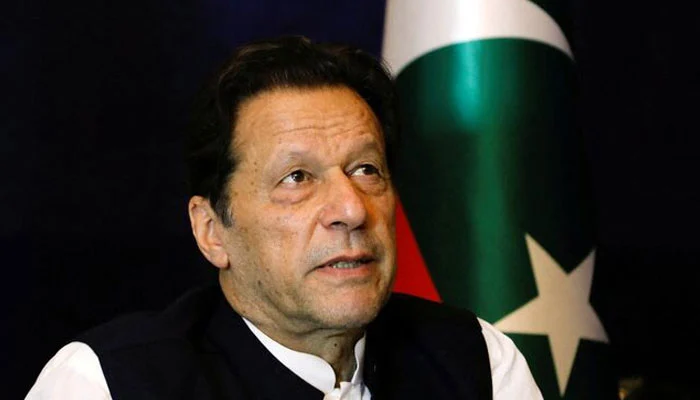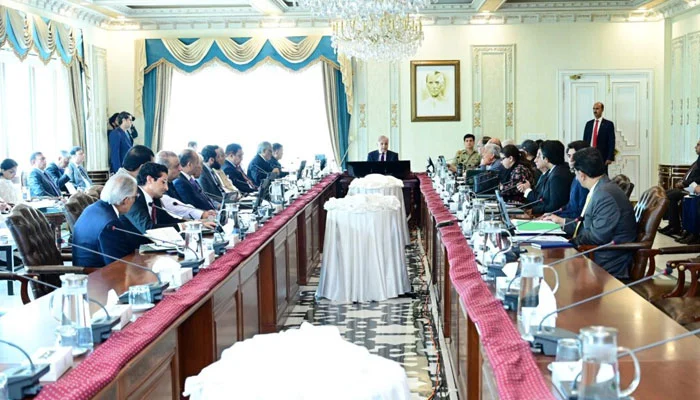
The National Institute of Economic and Social Research (NIESR) predicted the UK will fall into recession this year.
It called on Chancellor Rishi Sunak to do more to stop people sliding into debt and destitution.
The Treasury said it is providing support to households.
In its latest quarterly outlook of the UK economy, NIESR warned that a combination of rising prices and measures announced in the Chancellor’s Spring Statement – such as the decision not to scrap a planned rise in National Insurance tax – are hitting the poorest households hardest.
Inflation – the rate at which prices rise – is at a 30-year high, as the Ukraine war drives up fuel and energy prices.
The Bank of England has warned inflation might reach 10% within months.
The think tank urged the government to raise Universal Credit by £25 per week between May and October, which would cost around £1.35bn, and give £250 each to 11.3 million lower income households.
“Without this targeted support we expect a further increase in extreme poverty,” the think tank said, with about a quarter of a million households sliding into extreme poverty, taking the number to about a million.
About half a million households would “face the choice between eating and heating” without these payments, it said, adding that the chancellor had a reported £20bn of “headroom” for government spending that could be used to cushion the shock to income.
It wasn’t the National Institute for Economic and Social Research but the official independent forecaster, the Office for Budget Responsibility, that first identified £20bn of fiscal “headroom” in the Spring Statement, much of which Rishi Sunak chose not to use.
This refers to the room for manoeuvre the Chancellor has if he wants to meet self-imposed fiscal rules, such as his goal of not borrowing to fund day-to-day spending within three years.
Those rules don’t refer to any objective constraint on government spending – unlike the trouble households get into when they hit the overdraft limit.
The Treasury points out it has already spent billions on support, which is true.
But even within his rules Mr Sunak has billions more to spare.
With the economy forecasted to contract, NIESR is not alone in thinking that further support for households could loosen the grip of a squeeze on living standards that is already feeling painfully tight.
The think tank predicted that inflation would average 7.8% in 2022 and will remain above 3% until 2024 – above the Bank of England’s 2% target.
At the same time, economic growth is set to slow.
While NIESR forecast that UK economic growth in 2022 would increase by 3.5% on average, it predicted a fall in the final two quarters of the year.
This would push the UK into a recession, which is two consecutive quarters of economic decline.
Meanwhile, government policies are set to leave households with even less disposable income, according to NIESR.
It forecasts household income when adjusted for inflation will fall by 2.4% in 2022, along with a small rise in unemployment next year.
Tony Danker, director general of the CBI, which represents big businesses, told the BBC’s Today programme that companies were suffering too.
He said inflation, higher energy prices, labour shortages and the war in Ukraine had made firms “pause before investing”, and that this was stopping them “creating jobs and paying good wages”.
He said the government needed to create “reasons to invest” such as subsidising the shift to clean energy or cutting business rates for shops that have had to put up prices.
“If we wait… the economy will end up in more trouble,” he added. “Get firms investing now because that will stop us facing dire consequences later on.”
Professor Stephen Millard, NIESR’s deputy director for macroeconomics, said: “Although the war in Ukraine is fundamentally a human tragedy, it has resulted in another supply shock for the UK economy: pushing down growth and pushing up on inflation.”
He added: “We need fiscal policy to loosen and monetary policy to tighten if the UK economy is going to sail safely through these treacherous seas.”
A Treasury spokesperson said the country has had a “strong economic recovery” from the pandemic but acknowledged that these are “anxious times”, and said the government is taking action to support households.
“This includes a tax cut of over £330 a year for the typical employee, lowering the Universal Credit taper rate to help people keep more of the money they earn, and providing millions of households with up to £350 each to help with rising energy bills,” the spokesperson said.
“Public debt is at the highest levels since the 1960s and rising inflation is pushing up our debt interest costs, which means we must manage public finances sustainably to avoid saddling future generations with further debt.”
It comes as NIESR separately forecast that global economic growth would be 1% lower, or about $1.5tn, at the end of 2022, due to the Ukraine war.






